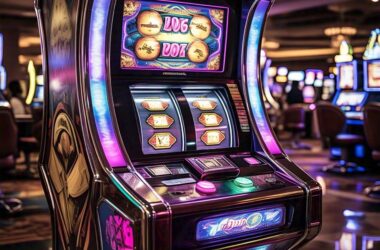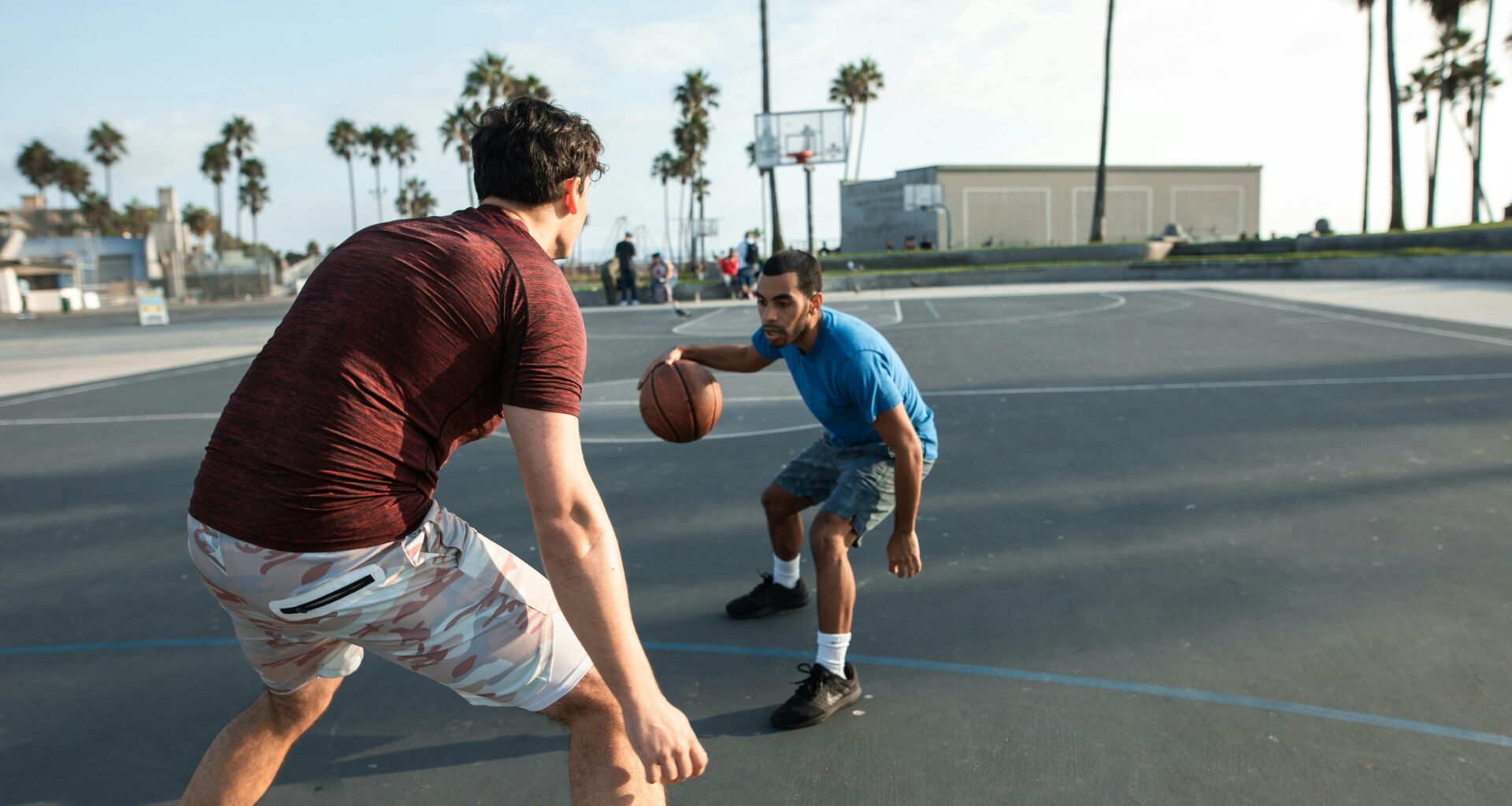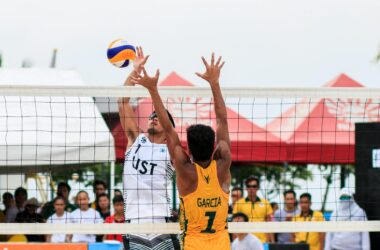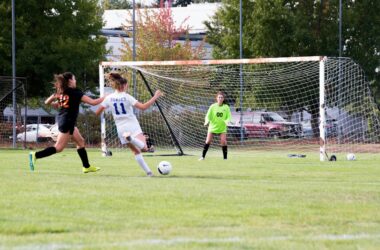Basketball is more than just a sport—it’s a lifestyle, a culture full of expressions that shape the way players and fans see the game. One of the most famous phrases in this culture is BDL, short for “Ball Don’t Lie.” This phrase, popularized by former NBA star Rasheed Wallace, carries a lot of weight in basketball conversations. But what exactly does BDL mean, and why is it so important in the world of basketball?
BDL Basketball:
| Aspect | Details |
|---|
| Phrase | Ball Don’t Lie (BDL) |
| Meaning | The ball “tells the truth,” implying justice will be served in basketball through missed or made shots. |
| Origin | Popularized by NBA player Rasheed Wallace. |
| Context of Use | Used when a questionable or unfair foul call is made, and the player misses the subsequent free throw or shot. |
| Cultural Significance | Represents fairness and integrity in the game; embraced by players and fans. |
| Influence in Media | Inspired the name of Yahoo Sports’ basketball blog Ball Don’t Lie. |
| Common Usage | Often shouted by players and fans after a missed free throw or poor call. |
| Legacy | Rasheed Wallace’s influence and phrase live on in both the NBA and streetball culture. |
What Does “Ball Don’t Lie” Mean?
The phrase “Ball Don’t Lie” comes from a simple yet powerful idea: the ball is the ultimate judge of fairness in basketball. It’s used when a player believes that a referee made a bad call—especially when they feel the foul or violation wasn’t justified. If the opposing player misses the free throw, it’s seen as the basketball gods balancing things out. In other words, the ball “tells the truth” by not rewarding a bad call.
Rasheed Wallace, a standout NBA player known for his fiery personality, was the first to make this phrase widely popular during his time on the court. Anytime a referee made a questionable decision, Wallace would shout “Ball Don’t Lie” when the other player missed their free throw, signaling that justice had been served.
Why “Ball Don’t Lie” Resonates with Players and Fans
At its core, BDL isn’t just about bad calls. It’s about basketball’s deeper truth—fairness, skill, and honesty on the court. In the heat of the game, emotions run high, and sometimes referees make mistakes. “Ball Don’t Lie” reflects the feeling that, no matter the call, the game will correct itself. If the shot doesn’t go in, it’s because the ball knows what’s fair.
This saying has become more than just a catchphrase; it’s a rallying cry for players and fans who want the game to stay fair and balanced. It’s also a way for players to deal with the frustration of bad calls without losing focus on the game.
The Influence of BDL in Basketball Culture
BDL basketball is more than just a phrase on the court. It’s a cultural phenomenon that has made its way into basketball blogs, social media, and everyday conversations among fans.
One of the most popular outlets that embraced BDL was Yahoo Sports’ “Ball Don’t Lie” blog, which offered unique insights, news, and commentary on NBA basketball. The blog’s writers embodied the spirit of the game, bringing fans closer to the action with bold opinions and engaging content. Even though the original blog no longer operates in the same way, its influence remains, and the phrase “Ball Don’t Lie” still pops up in basketball discussions everywhere.
The Legacy of Rasheed Wallace and BDL
Rasheed Wallace’s legacy in the NBA is inseparable from the BDL philosophy. Known for his outspoken nature, Wallace wasn’t afraid to speak his mind, and “Ball Don’t Lie” became his trademark saying. Anytime an opposing player missed a free throw after a controversial foul, Wallace would yell the phrase, igniting fans and teammates alike.
While Wallace has retired from professional basketball, his influence on the game is still felt today. Players at all levels, from local pick-up games to the NBA, continue to use “Ball Don’t Lie” as a reminder that the game has its own sense of justice.
How BDL Shapes Modern Basketball Conversations
In the age of social media, BDL has grown even bigger. Fans, analysts, and players frequently use the phrase when discussing games online. Whether it’s on Twitter, Instagram, or during live game broadcasts, you’ll often hear or see “Ball Don’t Lie” when a key play follows a controversial foul.
It’s more than just a phrase—it’s a shared understanding among basketball lovers that the game has a way of balancing itself out. It gives fans a sense of control over the game’s outcome, even when the calls feel unfair. The phrase has become shorthand for basketball’s inherent unpredictability, reminding everyone that, at the end of the day, the ball determines the truth.
Why BDL Will Always Matter
BDL basketball matters because it speaks to the heart of why people love basketball: the purity of the game. No matter how many rules, refs, or reviews are part of the process, the outcome of a shot is still decided by skill and a little bit of luck.
For players, “Ball Don’t Lie” is a way to stay focused, especially after a frustrating call. For fans, it’s a way to connect with the action on the court. It symbolizes the honesty and fairness that players and spectators hope to see in every game.
Conclusion: The Power of “Ball Don’t Lie”
In basketball, the phrase “Ball Don’t Lie” has taken on a life of its own. From Rasheed Wallace’s iconic use of the term to its widespread presence in today’s basketball culture, BDL stands for more than just a reaction to a missed free throw. It represents fairness, justice, and the belief that the game will always find a way to stay true to its roots.







